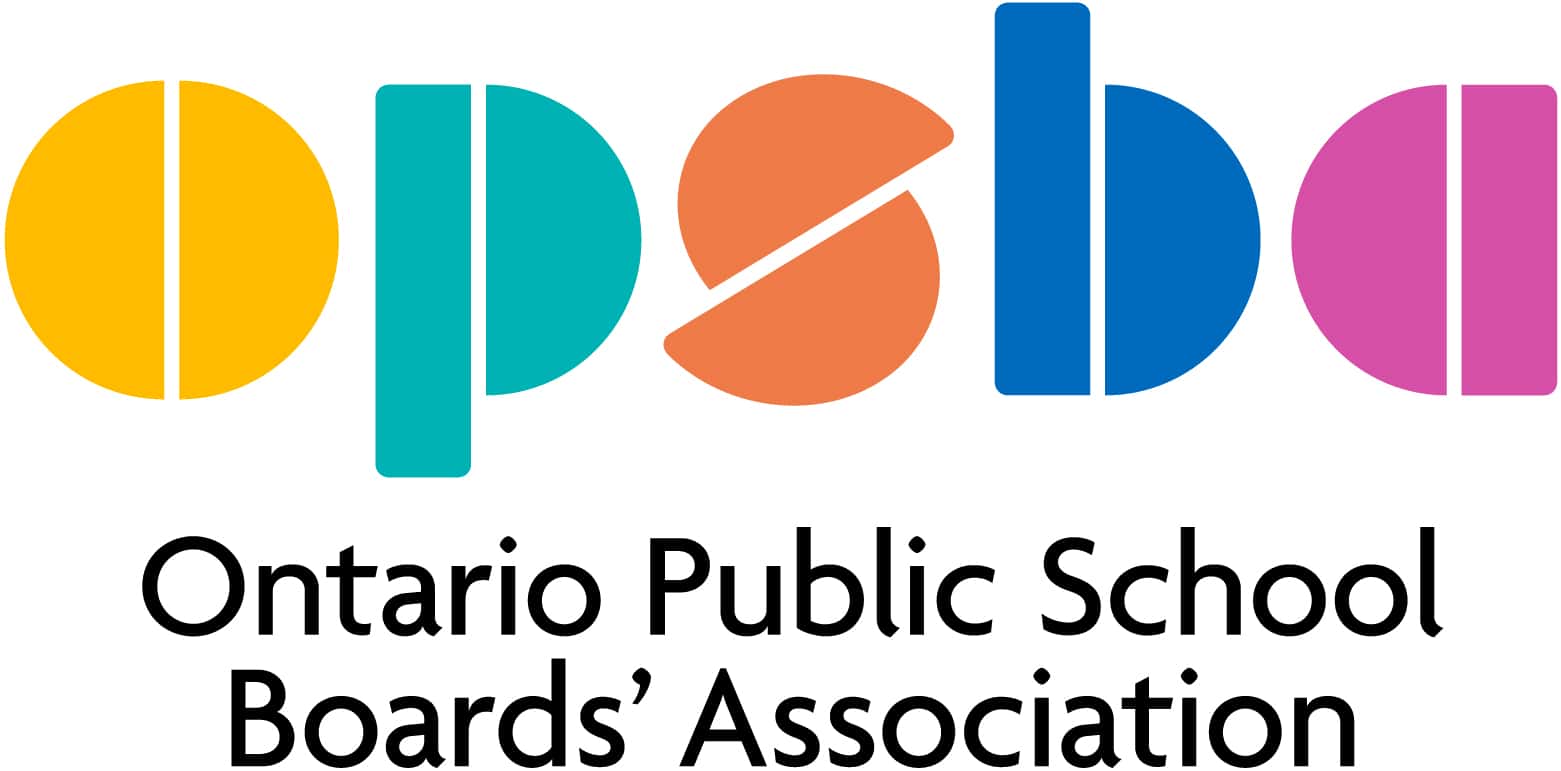Democratically elected school boards have a long history in Ontario, dating back to 1807. Taking up the office of school board trustee is a call, not only to carry on that tradition of local democracy, but to improve it.
Helpful Resources
Download the Good Governance Guide
Making a Difference for Kids: Running for Election as a School Board Trustee
Good Governance for School Boards – Trustee Professional Development Program
NEW: School Board Member Code of Conduct Template (August 2024)
School Board Member Code of Conduct Template (January 2019)
Social Media: An Overview for Publicly Elected Trustees
Expenditure Guidelines
In December 2010, Bill 122, Broader Public Sector Accountability Act, 2010 received Royal Assent. This legislation provided new rules for financial accountability in the broader public sector, including school boards. The Broader Public Sector Expenses Directive (BPS ED) was issued and posted on the Ministry of Finance website and became effective in April 2011.
Prior to this change in 2010, school boards had already been operating under recently updated expenditure guidelines as outlined in the Trustee Expenditure Guideline (TEG). This guideline covers trustees, student trustees, school council members & non-trustee members of board committees. The guideline includes the requirement that each trustee’s annual expenditure is published.
Note: OPSBA compared the two documents. They cover much of the same content but there are some differences, including:
- BPS ED is a directive (mandatory) whereas the TEG was a guideline.
- BPS ED applies to everyone whereas the TEG applied only to trustees. (TEG included examples that related more closely to the trustee role where the BPS ED is more generic.)
- BPS ED includes more detail regarding alcohol and hospitality where the TEG did not get specific on these points. The BPS ED appendix is only a guideline and is not mandatory. It is merely a guide for the development of school board expense rules.
Relevant Documents
Trustee Honoraria
Outgoing district school boards have the authority and responsibility to determine the level of remuneration for the new, incoming board using the criteria set out in Ontario Regulation 357/ 06. The maximum is determined using calculations provided in the regulation. The new honorarium must be determined by the board by October 15 in the year of the municipal elections.
In June 2010, OPSBA sent a note to member boards about the implications of Bill 16, the Public Sector Compensation Restraint to Protect Public Services Act, 2010 (the Restraint Act) and trustee honoraria. The Act did not allow any increases to compensation from March 25, 2010 to March 31, 2012 but did allow decreases, for example, as a result of declining enrolment. Boards were still required to calculate their trustee honoraria, but no increases could be applied.
On March 28, 2014, the Minister of Education sent a letter to school board chairs and presidents of school board associations to indicate that the Minister would be amending Ontario Regulation 357/06 to extend the restraint period for trustee honoraria to Nov. 30, 2014.
A further memo, dated Sept. 23, 2014, indicated a restraint on any increases until the end of 2014-2018 term of office (Nov. 30, 2018). OPSBA responded in October 2015 by writing a letter to the Minister of Education regarding the extended restraint.
In April 2018, O. Reg. 357/06 Honoraria for School Board Members was amended to include a $400 increase in the base honoraria amount, effective at the start of the 2018-2022 term of office (December 1, 2018).
Conflict of Interest
The main purpose of the Municipal Conflict of Interest Act is to protect the public interest by ensuring that public officials do not personally benefit from their positions of trust. The Act applies to all members of local councils, committees, and boards, including school boards, either elected or appointed. The Act also applies to members of advisory committees and other committees established under the Education Act.
Conflict-of-interest legislation is concerned only with pecuniary, or financial, interests. The Municipal Conflict of Interest Act refers to three kinds of pecuniary interest: direct, indirect, and deemed.

